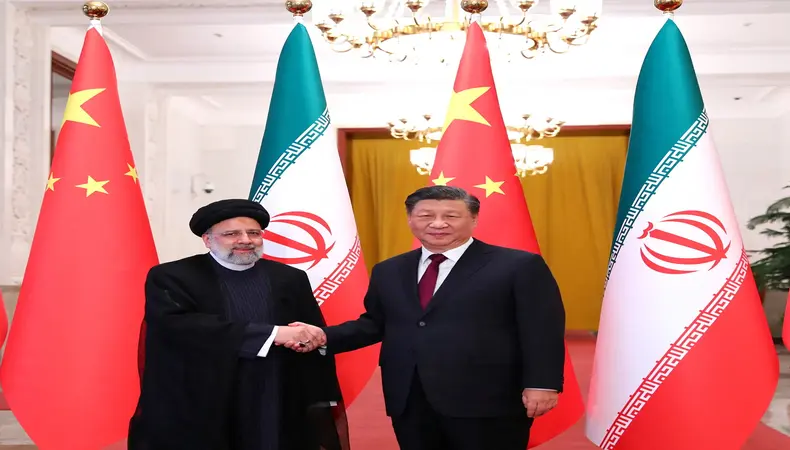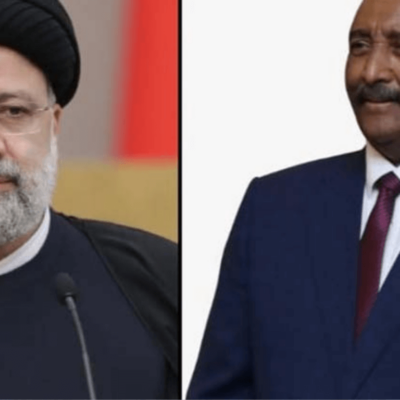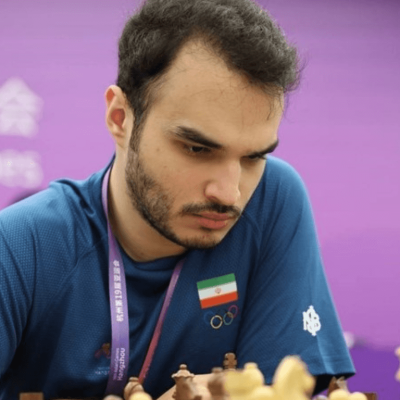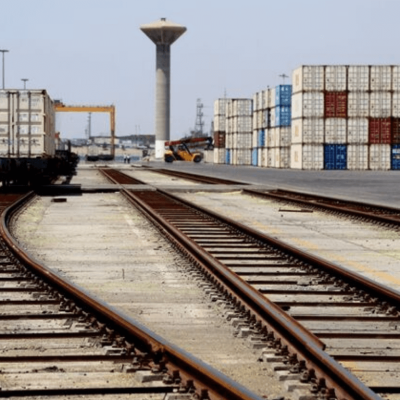China’s Diplomatic Support for Iran Amid Rising Tensions

Two top Chinese diplomats have expressed their support of Tehran during meetings with high Iranian officials in a display of ongoing support for Iran. These discussions are crucial as the likelihood of an all-out war between Israel and Hezbollah, a group supported by Iran, gets more real. Chinese Foreign Minister Wang Yi reiterated China’s support of Iran’s sovereignty, security, and territorial integrity while meeting Iranian President Masoud Pezeshkian on the sidelines of the United Nations General Assembly in New York.
Wang underlined that China supports Iran independent of changes in the regional and global scene. China rejects any outside intervention in Iran’s domestic affairs, including pressure and sanctions, he made plain. His remarks underlined Beijing’s long-standing cooperation with Tehran, particularly in view of rising geopolitical concerns.
China’s Position About the Conflict in Gaza
Concerned about the continuous violence in Gaza, Wang Yi also said China is dedicated to preserving justice and advancing a truce to help to bring the war to an end. Pointing to the death and displacement of Palestinians as proof of the humanitarian toll of the conflict, Wang said Israel’s actions in Gaza were unfair during his discussion with President Pezeshkian. His remarks line up with China’s more general foreign policy, which frequently presents Beijing as a neutral actor in the Middle East while concurrently backing its main allies.
New Iranian president Pezeshkian, known for his reformist inclinations, urged China to be instrumental in peacemaking. He pointed out that Beijing’s influence on the international scene might be very important in denouncing and halting what he called Israel’s transgressions in Gaza. Both leaders agreed that multilateralism had to be developed in order to offset coercive powers trying to impose their will on other countries.
China’s Part in Middle Eastern Diplomacy
Apart from the Gaza crisis, Chinese Middle East ambassador Zhai Jun visited Iranian authorities including Assistant Foreign Minister Mehdi Shushtari and top adviser Ali Asghar Khaji. Although the talks did not specifically address the continuous violence, Zhai underlined that China is ready to increase communication with Iran and pursue a complete and long-lasting solution for the problems of the area.
Zhai’s comments coincide with a period of significant Middle Eastern transformation marked by growing complexity in regional political and security concerns. He underlined China’s continuous support of Iran and other regional nations in defending their sovereignty and interests for development.
Rising violence in Lebanon, where Israeli airstrikes claimed over 500 lives on Monday including over 90 women and children, set these sessions against. Targeting Hezbollah strongholds, the strikes signaled the worst day Lebanon has seen since the 2006 conflict between Israel and Hezbollah. While Wang Yi denounced the bombings as indiscriminate attacks on people, Israeli Prime Minister Benjamin Netanyahu defended the bombardment as essential to eradicate Hezbollah’s military capacity.
Wang underlined China’s sympathy with Lebanon, supporting the Lebanese people and denouncing the bloodshed. He also mentioned the destruction last week’s explosions of communication devices in Lebanon caused, killing 37 people and injuring hundreds more. Although Israel has not taken responsibility for the strikes, most people agree that Israeli forces aiming at Hezbollah carried them out.
Middle Eastern Strategic Position of China
China openly criticizes Israeli behavior, while it keeps a strategic posture in the Middle East in order to increase its diplomatic and commercial impact. China has become increasingly important in recent years in mediating regional disputes, particularly the peace agreement it negotiated between Iran and Saudi Arabia in 2023. China keeps itself as a neutral party in the Israel-Hamas battle, offering to arbitrate the dispute without clearly supporting one side even while it associates itself with Arab countries.
Diplomatic activities of Chinese Foreign Minister Wang Yi in New York highlight Beijing’s attempts to confirm its major influence in Middle Eastern affairs. Though no negotiations with Israeli authorities or high-ranking U.S. diplomats took place, he visited leaders from at least 15 nations during the UN General Assembly.
Prospective Development of China-Iran Relations
Looking forward, China and Iran are likely to strengthen their bilateral relations. Wang Yi confirmed China’s will to carry out the 25-year cooperation pact the two nations inked in 2021 during his talks with President Pezeshkian. Though delayed progress on the agreement, both sides voiced hope for more involvement, particularly in the spheres of security cooperation and economic development.
China’s influence in the Middle East will probably increase as tensions in the area keep rising, particularly as it tries to balance its ties to important parties like Iran and Saudi Arabia and present itself as a possible arbiter in the continuous disputes.




